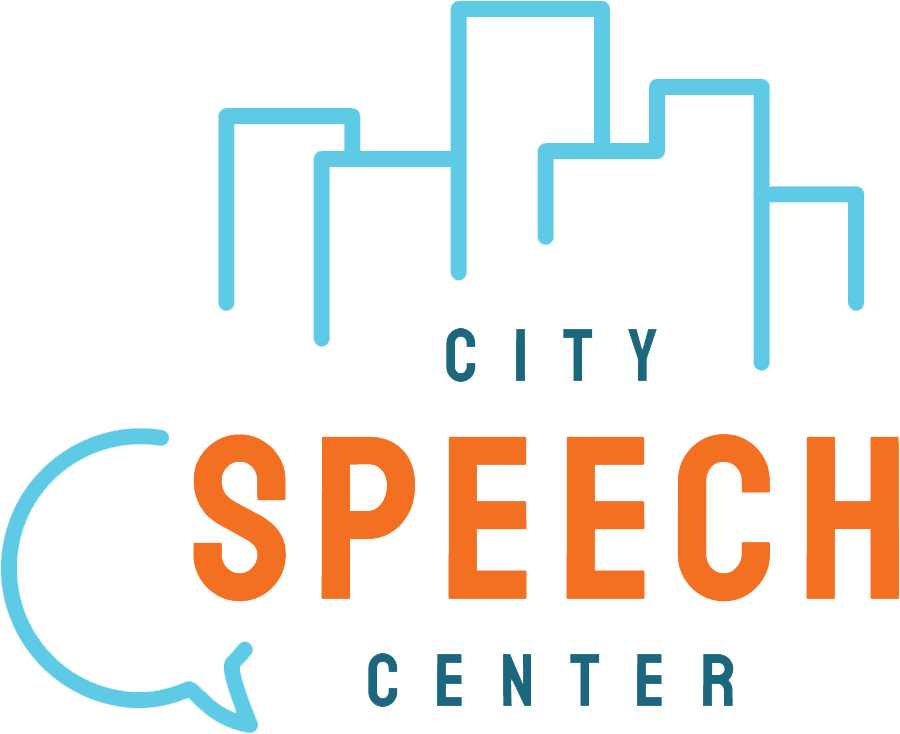
As humans, we’re wired to learn language from the onset. It’s a skill that comes naturally to many of us — and one that we often take for granted. Although most children can use language with ease by the time they turn five years old, that’s not the experience for every child. In fact, one out of every 12 children in the U.S. between the ages of three and 17 has developed some type of disorder related to speech, voice, or language within the last year.
Of course, development in this area can vary from person to person. But some children may have trouble understanding or speaking their language. They may not hit the same milestones at the same time as their peers, which may cause concern for parents. And while hearing loss can cause difficulties in language and speech development, there may be other disorders that could be behind these experiences.
To determine the exact issues and causes, it’s important to consult with your family doctor and with child speech pathologists. But before you meet with them, you might want to familiarize yourself with some of the possible signs that your child may benefit from in-office or in-home speech therapy for these kinds of disorders.
What Are Some Signs of Speech and Language Disorders?
There can be many causes for speech and language disorders, ranging from dental problems and vocal fold weakness to auditory processing concerns. A children’s speech therapy professional can diagnose both the root cause and the speech or language disorder in question, but it may help to take note of any symptoms or struggles you’ve observed in your child. Some possible signs of speech and language disorders in children may include:
- Missing consonant sounds in infant babbling or vowel-only communication
- Speech that’s difficult to understand
- Hoarse, breathy, airy, or harsh vocal quality
- Hyponasal or hypernasal vocal quality
- Vocal volume issues or inappropriate pitch
- Frequent loss of voice or ‘breaks’
- Stuttered speech (or avoidance of speaking due to stuttering)
- Noticeable tension or frequent hesitations, repetitions, prolongations, or blocks in speech flow
- Saying few words or having issues talking to other children
- Disinterest in reading and writing
- Pronouncing letters like ‘p,’ ‘b,’ ‘h,’ ‘m,’ ‘w,’ ‘k,’ ‘t,’ ‘f,’ ‘d,’ or ‘n’ incorrectly most of the time
How Can I Help My Child With Speech and Language?
Parents can help their child to develop these skills by responding to early sounds and gestures, repeating and adding onto what their child says, asking questions, or singing and reading together. However, your child may need more professional assistance in overcoming a speech or language disorder. It’s a good idea to meet with an in-office or in-home speech therapy professional who can test their development and create the best plan to help your child. In-office and In-home speech therapy and other therapeutic interventions depend on early intervention – so you’ll want to be proactive and ensure your child gets the help they need during this critical period of development.
Watching your child struggle with language or speech can be a challenge for any parent. But you don’t have to go through this alone — nor does your child need to struggle without support. Speech therapy for kids can address these common concerns and allow your child to reach those developmental milestones. For more information, please contact us today.
